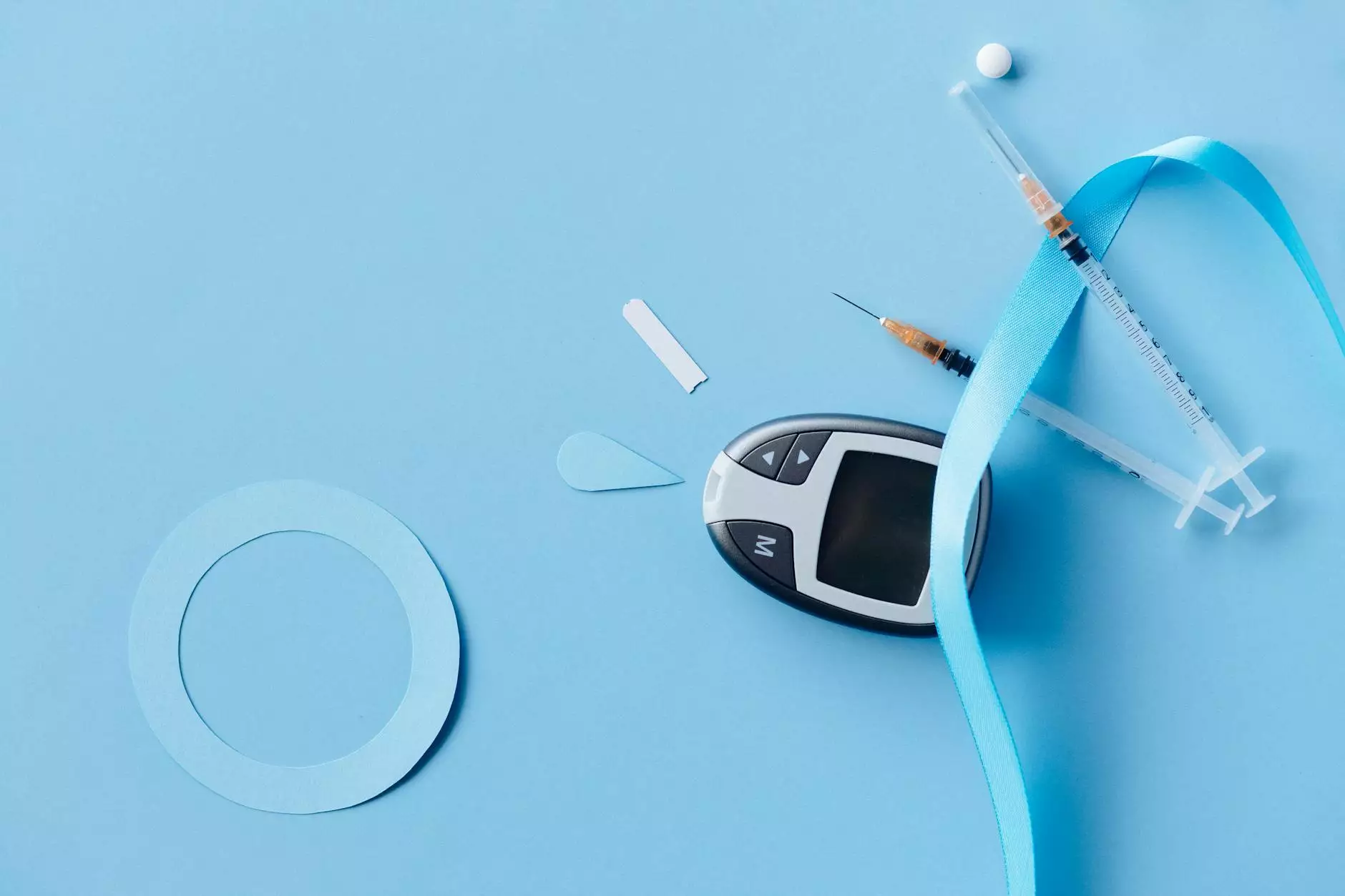Intermittent Fasting and Your Hormones

Introduction
Welcome to Muir Diablo Occupational Medicine's guide on the effects of intermittent fasting on your hormones. In this comprehensive article, we will explore the fascinating connection between intermittent fasting and hormonal balance.
The Science behind Intermittent Fasting
Intermittent fasting, the practice of alternating periods of fasting and eating, has gained significant popularity in recent years. Apart from its weight loss benefits, research suggests that intermittent fasting can deeply affect your hormone levels and functioning.
Impact on Insulin
Intermittent fasting has been shown to improve insulin sensitivity and regulation. By restricting the intake of food for specific periods, the body becomes more efficient at utilizing insulin, leading to better blood sugar control and reduced risk of developing metabolic syndrome or type 2 diabetes.
Influence on Growth Hormone
Growth hormone is an essential hormone responsible for growth, metabolism, and cellular repair. Studies indicate that intermittent fasting can significantly boost growth hormone production. Increased growth hormone levels can help support muscle growth, fat burning, and overall vitality.
Rebalancing Leptin and Ghrelin
Leptin and ghrelin are two hormones that regulate hunger and satiety. Intermittent fasting has been found to positively impact the balance between these hormones. By fasting, you can reset your hunger cues, reduce food cravings, and regain control over your eating patterns.
Effect on Cortisol
High and dysregulated cortisol levels can negatively impact various aspects of our health. Intermittent fasting has been shown to decrease cortisol levels, improving stress response and reducing the risk of stress-related disorders such as anxiety and depression.
Implementing Intermittent Fasting
Now that we understand the profound effects of intermittent fasting on hormonal balance, let's explore how you can implement this powerful practice into your daily routine for optimal results.
Choose the Right Intermittent Fasting Method
There are several intermittent fasting methods to choose from, including 16/8, 5:2, and alternate-day fasting. Each method has its unique approach, so it's important to select one that aligns with your lifestyle and goals. Consult with a healthcare professional to determine the best approach for you.
Start Slowly and Gradually Increase Fasting Window
If you're new to intermittent fasting, it's advisable to start with shorter fasting windows and gradually extend them. This will allow your body to adapt more comfortably to the fasting period and minimize potential side effects.
Stay Hydrated and Sufficiently Nourished
During the fasting period, it's crucial to stay properly hydrated. Drink plenty of water, herbal teas, and other non-caloric beverages to support your body's hydration needs. Additionally, ensure that your eating window includes nutrient-dense foods to provide essential vitamins and minerals.
Listen to Your Body
Everyone's response to intermittent fasting may differ. It's essential to listen to your body and make adjustments accordingly. If you experience any negative symptoms or concerns, consult with a healthcare professional for personalized guidance.
Conclusion
Intermittent fasting offers a powerful tool for optimizing hormonal balance and improving overall health. By understanding the science behind intermittent fasting and implementing it wisely, you can potentially unlock numerous benefits for your well-being. Remember to consult with a healthcare professional to ensure that intermittent fasting is suitable for you. Embrace this transformative lifestyle change and experience the positive effects on your hormones and beyond.









